
<< · I · II · III · IV · V · VI · VII · VIII · IX · X · XI · XII · XIII · XIV · XV · XVI · XVII · XVIII · XIX · XX · XXI
The European Dream.
The Continuing Process of European Unification
Humboldt-Universität zu Berlin and Georgetown University.
Prague, Cottbus, Slubice and Berlin, March 5-13, 2005
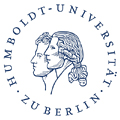
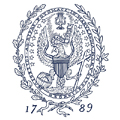

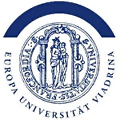
Program Description
Ever since the dissolution of the Roman Empire, Europe has struggled to create an entity that would re-create a realm of universal peace and harmony, offering a wide space for business and prosperity, while respecting the cultural idiosyncrasies of European nations; a non-zero sum game thriving on the abundant promises of a future eu-topia made by political, social, cultural, scientific and religious thinkers throughout history.
Exploited by various false prophets stressing hegemony and dominance over consent, the European Dream experienced its major setback in World War I and its ultimate Armageddon in World War II. Out of the ashes of material and moral devastation, and set against the rising threat of Soviet despotism, the building blocks of what has become the European Union emerged through the cooperation between nation states that just shortly before had been bitter enemies. The consolation between Germany and France constitutes the cornerstone of that alliance, and the United States of America remained the continuing sponsor of European harmonization.
Decades after the initial steps, the legacy of Robert Schuman's plan has experienced a major success: The inclusion of ten new member states, most of them formerly suffering from the yoke of Communism, signifies the final triumph over the legacy of the World Wars and the reversal of a separation that has inhibited and overshadowed the dream of European unity for too long.
But what does the enlargement mean for the process of European unity on the institutional level? How far-reaching can such a unity be? Will the idea of a European Constitution be a step towards a United States of Europe, or do the different cultural and historical facts demand for a different outcome? Is the basis of the union, which has always been economic, threatened by the necessary reconstruction of its new members? Does the protectionist debate against labor migration signal a more pragmatist approach, and a rejection of history-evoking pathos? And, finally, are there limits to enlargement? How shall we deal with future candidates like Turkey and Georgia?
The third symposium composed of American students and students from Humboldt-Universität zu Berlin shall tend to questions like these and discuss the future prospects of European Unity in light of its historical legacy.
Symposium Week Field Trips
Workshops: at Charles University, Humboldt University, German Parliament
Site Visits: Prague City tour, Laterna Magika: play "Odysseus", visit of Jewish Cemetery and Museum, Berlin: Pergamon Museum
Institutional Visits: German Embassy in Prague, German Parliament / Bundestag, Europa-University Viadrina in Frankfurt/Oder, Collegium Polonicum in Slubice, US Embassy in Berlin
Total participants: 26
Organizers
Philipp Kneis, Janine Ludwig,
PD Dr. Reinhard Isensee (Humboldt),
Dr. Jeffrey Peck, Kimberly Jaeger (Georgetown)
Student Organizers
Grit Kümmele (Humboldt / Georgetown Exchange Program), David Gioia, Matthias Oppermann (Georgetown), Pavel Zastera (Prague)
Student Participants (not organizers)
17 (Humboldt: 9, Georgetown: 7, Prague: 1)
Conference Program
Symposium Week Program
Conference Program Flyer
Partners and Supporters
Humboldt-Universität zu Berlin: International Office,
American Studies Program
Georgetown University:
BMW Center for German and European Studies
![]() ZEIT-Stiftung Ebelin und Gerd Bucerius
ZEIT-Stiftung Ebelin und Gerd Bucerius
see also: Latest Program Report
back to: Symposia

Prague

The Symposium Group in Downtown Prague

German Embassy, Prague
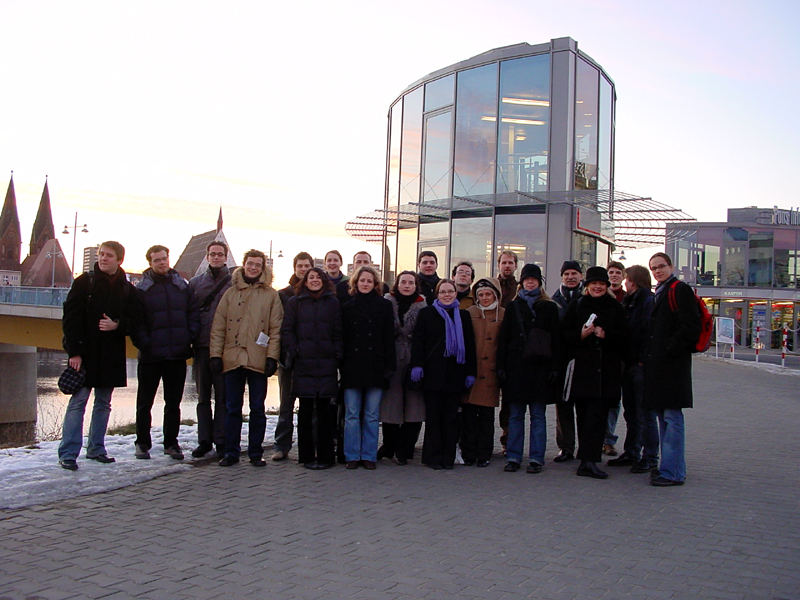
The Symposium Group at Viadrina University in Slubice

Frankfurt / Oder
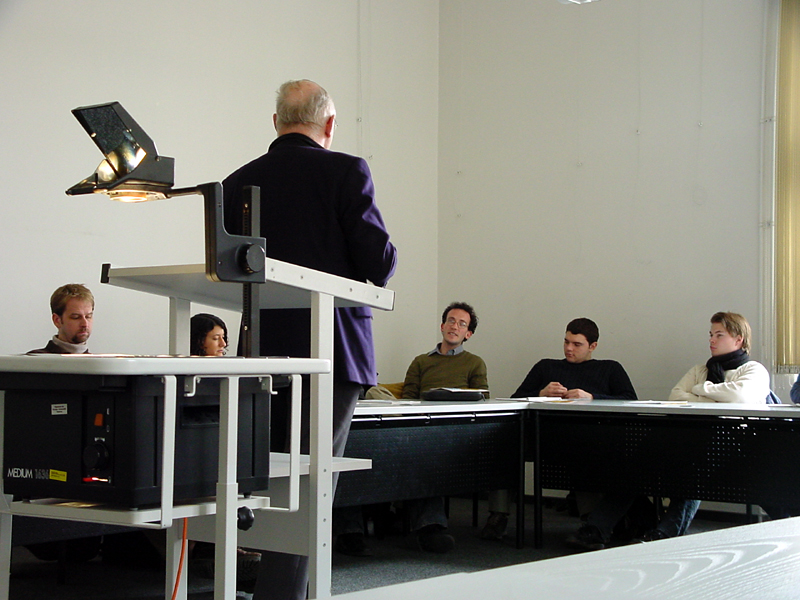
Workshop with Jeff Peck
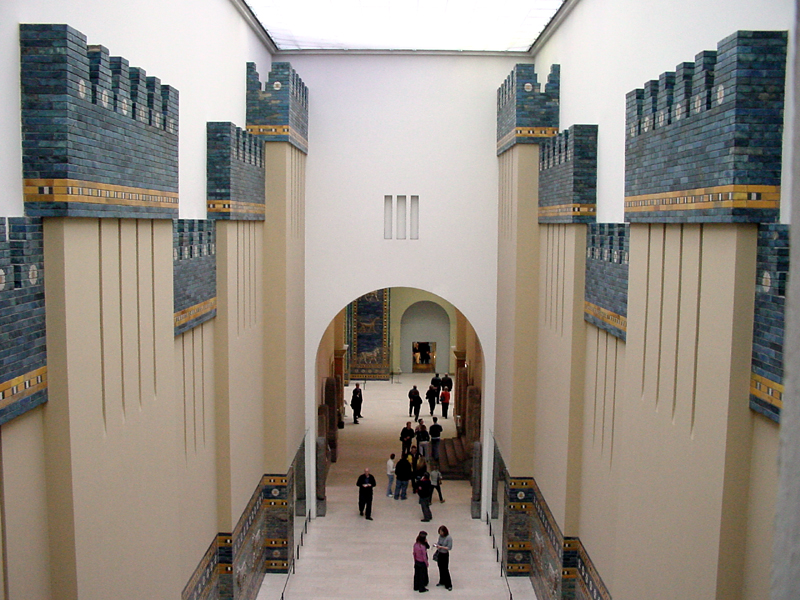
Visit to the Pergamon Museum, Berlin